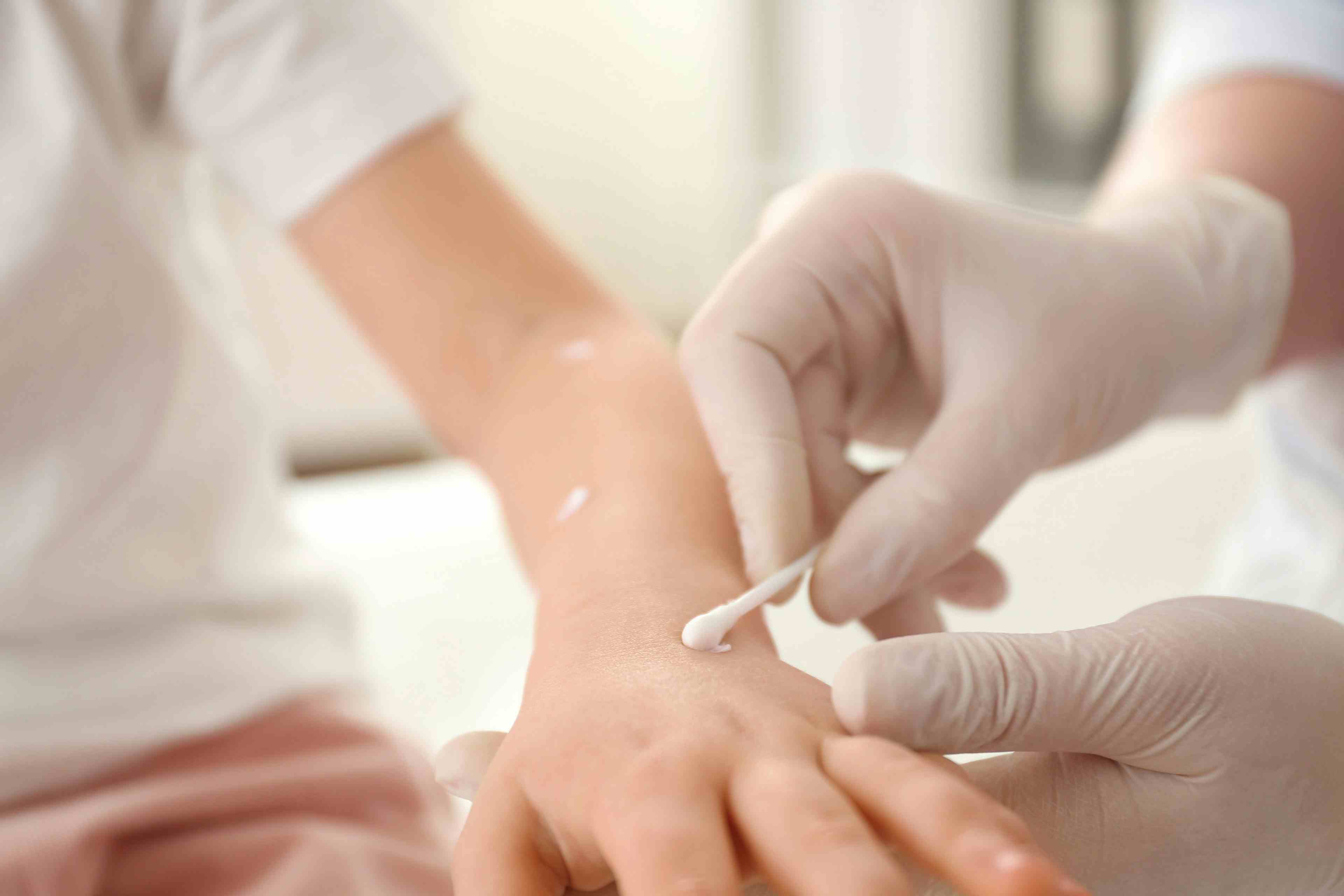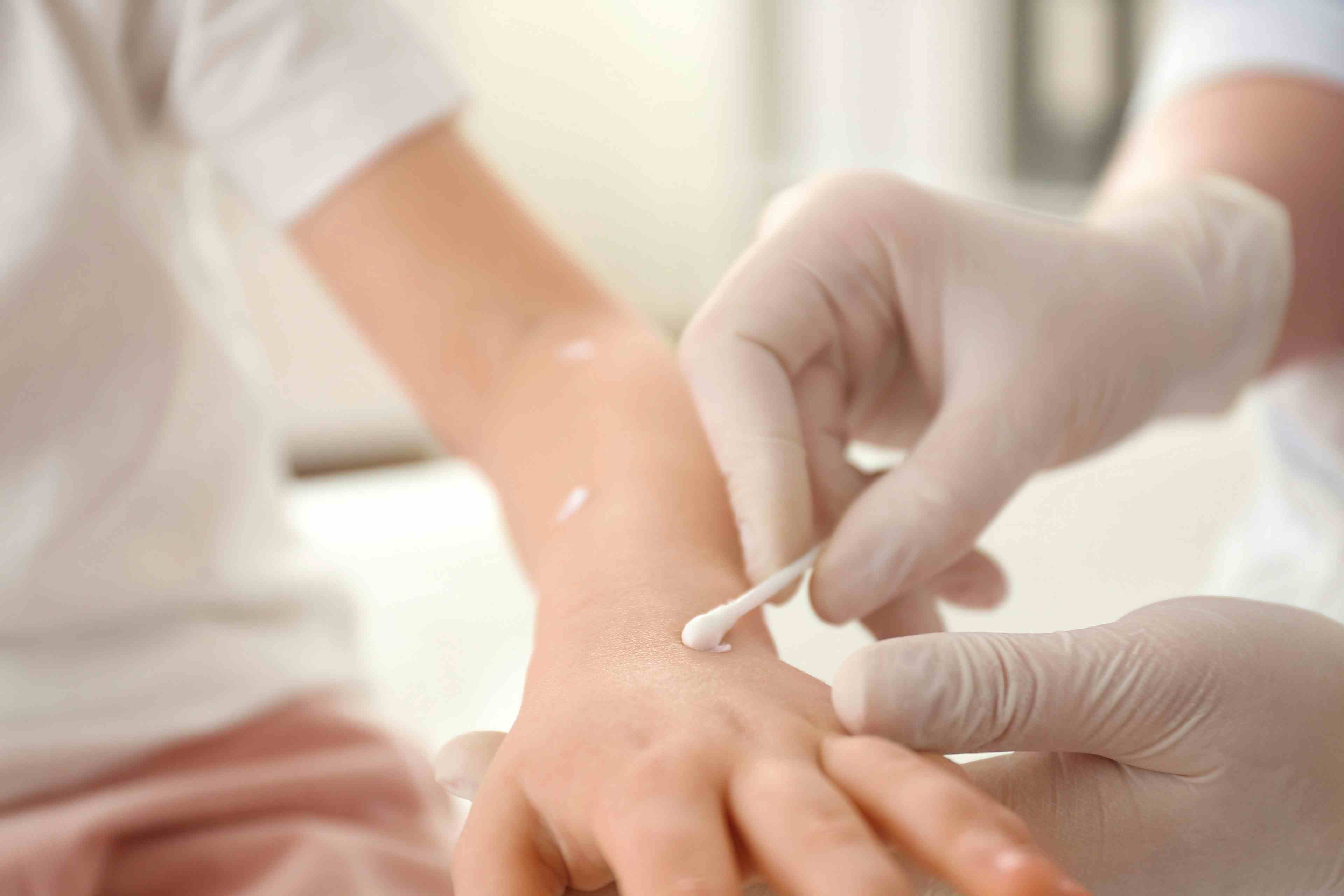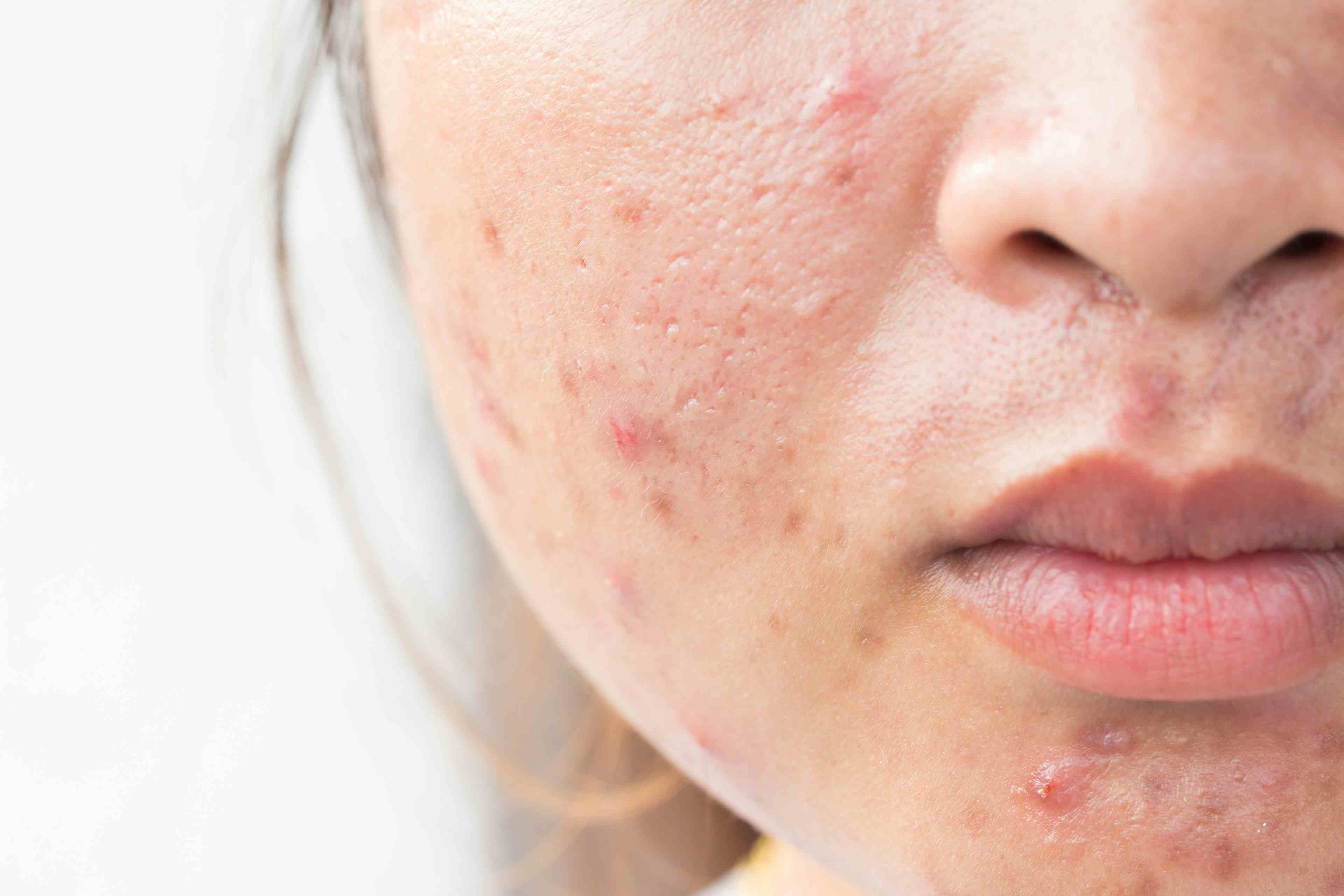- Acne
- Actinic Keratosis
- Aesthetics
- Alopecia
- Atopic Dermatitis
- Buy-and-Bill
- COVID-19
- Case-Based Roundtable
- Chronic Hand Eczema
- Chronic Spontaneous Urticaria
- Drug Watch
- Eczema
- General Dermatology
- Hidradenitis Suppurativa
- Melasma
- NP and PA
- Pediatric Dermatology
- Pigmentary Disorders
- Practice Management
- Precision Medicine and Biologics
- Prurigo Nodularis
- Psoriasis
- Psoriatic Arthritis
- Rare Disease
- Rosacea
- Skin Cancer
- Vitiligo
- Wound Care
Article
FDA clamps down hard to tighten Accutane access
National report -- The Food and Drug Administration (FDA) has placed unprecedented restrictions on the acne drug Accutane (Roche) by requiring patients who use it, as well as those who prescribe and dispense it, to enroll in a national registry and follow other stringent rules.
National report -- The Food and Drug Administration (FDA) has placed unprecedented restrictions on the acne drug Accutane (Roche) by requiring patients who use it, as well as those who prescribe and dispense it, to enroll in a national registry and follow other stringent rules. The move thus tightens access to Accutane, which can cause birth defects and, say some studies, severe depression in some teenage users.
The FDA-mandated measures come in the wake of a February 2004 FDA advisory panel recommendation to restrict access to Accutane (known generically as isotretinoin) and a November 2004 recommendation by an FDA scientist calling for closer scrutiny of Accutane and four other drugs.
The restrictions dictate that beginning Dec. 31, every patient for whom Accutane is prescribed must enroll in a computerized registry, as must doctors who prescribe the drug and pharmacies that stock and dispense it. As of Nov. 1, wholesalers and pharmacies will be required to sign up with manufacturers in order to obtain the drug.
The program also mandates that women who could become pregnant must register with manufacturers, sign consent forms and be counseled about potential risks in order to use Accutane; they must also have monthly pregnancy tests before refills are granted and must promise to use two forms of birth control. Doctors will be required to inform patients of Accutane's potential side effects and check for negative pregnancy tests, and male patients will be required to sign a form saying they were told of the drug's potential psychiatric side effects.
The American Academy of Dermatology (AAD) and the American Academy of Dermatology Association issued an Aug. 23 statement saying that while the Academy does not support the concept of a registry, it is pleased that several of the improvements it insisted upon for making the new program more workable were included, among them: prescribing by phone, fax, or electronically; allowing registered dermatologists to delegate to staff members the obtaining and entering of patient information into the registry system; and allowing the use of both urine and blood-serum pregnancy tests.
"The American Academy of Dermatology's primary concern is the health, safety and welfare of our patients," says AAD President Clay J. Cockerell, M.D. "The Academy members and staff will continue working with the FDA and the pharmaceutical companies . . . to ensure that the registry is a workable program that keeps this important medication available to the patients who need it and the people who prescribe it."
According to FDA statistics, about 1.2 million prescriptions are written for the drug annually.
Newsletter
Like what you’re reading? Subscribe to Dermatology Times for weekly updates on therapies, innovations, and real-world practice tips.
















